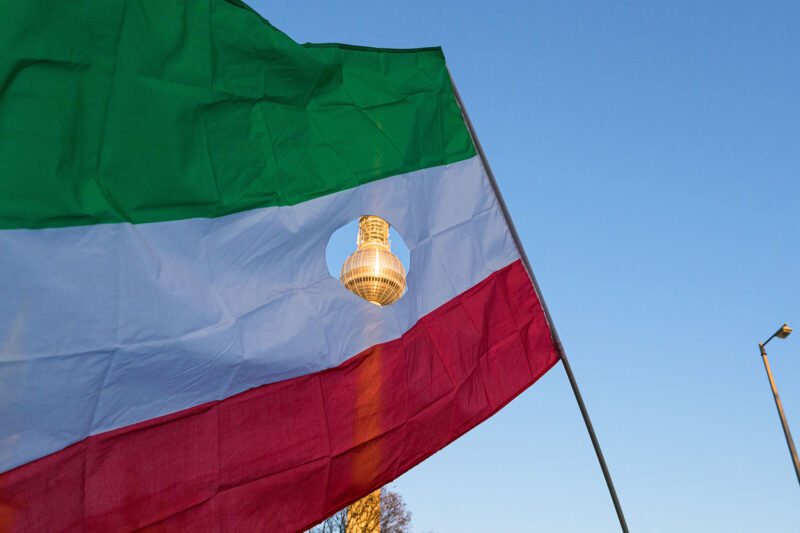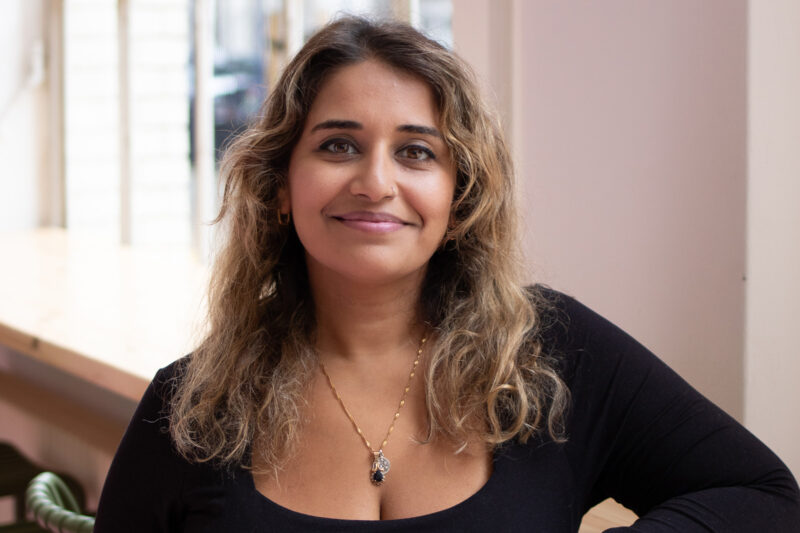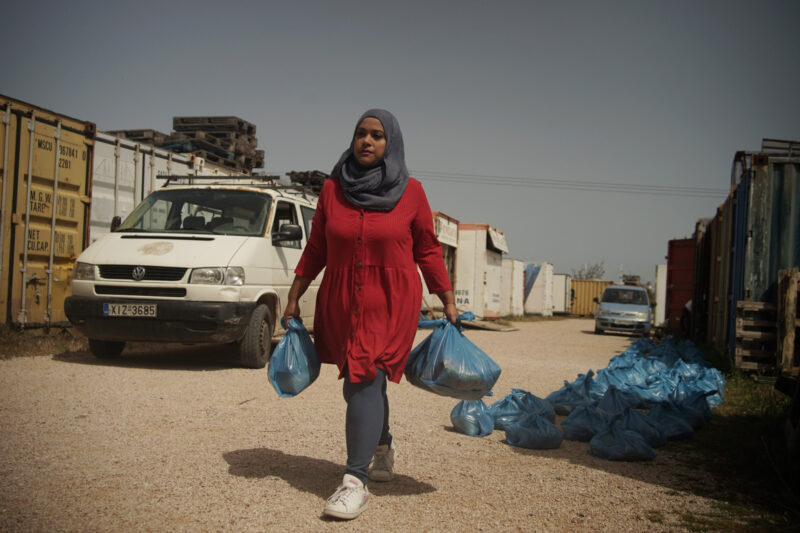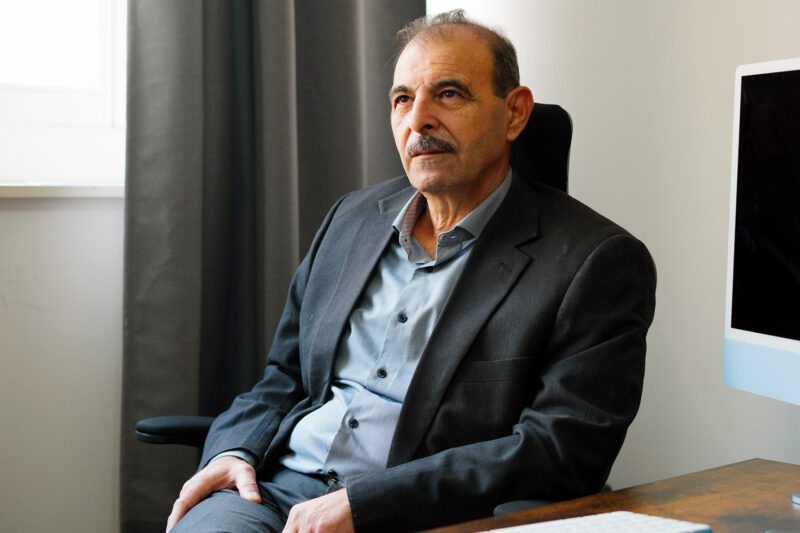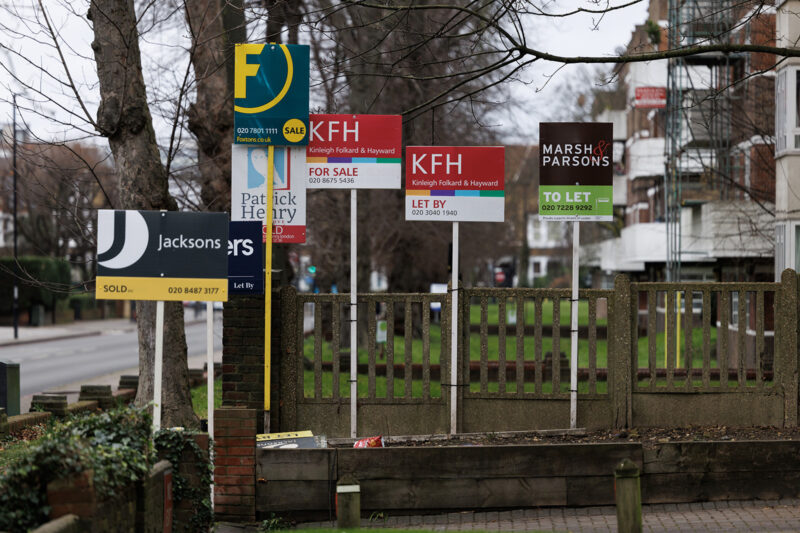Joy and fear of Berlin’s Syrians as they consider returning after fall of Assad
A million people fled civil war in Syria and built lives in Germany. As politicians encourage refugees to return, experts warn of the economic hole they may leave behind

On Sunday, as reports emerged that the Syrian dictator Bashar al-Assad had fled the country ending his family’s brutal 50-year regime and 13 years of bloody civil war, Berlin’s Sonnenallee erupted in celebration. Hundreds took to the streets in the heart of the Syrian community in Germany, waving the three-starred flag of the Syrian opposition, hugging, cheering, and lighting fireworks. Traffic ground to a halt as honking drivers leaned out their car windows to high-five the revellers flooding the pavement.
Zahra Mohammed stood in the road with the opposition flag draped around her shoulders, surrounded by family. The 16-year-old hasn’t stepped foot in the country since she was six years old. “I can’t even describe it. We are finally free after 50 years,” she said. “I’m so happy — and I can finally visit Syria again.” Her uncle Yusef, 42, was more cautious: “Of course everyone would like to return to their homeland, but we need to make sure there is democracy first.”
Germany is home to the largest Syrian diaspora outside of the Middle East. Around one million have settled in Europe’s largest economy, the majority arriving after former chancellor Angela Merkel’s 2015 decision to open the country’s borders to those fleeing the civil war. Many were resigned to the likelihood they would never return. In the 11 days it took for rebel fighters to unexpectedly wrest control of the country, the six million Syrians who escaped the conflict and built new lives in exile were rapidly processing the previously unthinkable prospect of going home.
Germany’s main opposition party, the conservative CDU, suggested on Monday that Syrians could be encouraged to return with cash incentives and chartered flights. The UK joined many European countries in announcing it would be suspending Syrian asylum applications. What this means for the millions Syrians who’ve established careers and built businesses in Europe remains unclear.
Sulaiman Alsakka and his family have run Konditorei Damaskus, a bakery on Sonnenallee, since 2016. On Saturday, as news trickled in that rebels were advancing from Aleppo towards his home city of Homs, the 27 year-old handed out free baklava with his uncles. “I haven’t slept in about four days, I’ve been so excited,” he said. “I think all Syrians should go back to rebuild.” Alsakka left Syria when he was a child of 15 but wants to return so that he can help people recover from the war. “I’m a physiotherapist so my dream would be to open my own clinic there. A lot of people will need this kind of help.”
Marcus Engler of the German Centre for Integration and Migration Research said that Syrian immigrants are among the best integrated minority groups in Germany. Syrian men have even higher rates of employment than German-born men. “They arrived at a time when Germany was doing well economically, there was a shortage of workers and an ageing population,” he explained. He added that Syrians make up the highest number of foreign-born doctors in Germany and their return would be devastating for the healthcare system. “My expectation is that German policymakers will try to keep those they see as economically beneficial and return those that aren’t working, but I hope we can take a more nuanced approach. It should always be an individual’s choice to leave.”
Abdul Jaara, 76, arrived in Germany in 2015 and is among the 150,000 plus Syrians who have German citizenship. Even so, he plans to return at the first opportunity. “My house is still there, my land is still there, everything is there,” he said. However, he acknowledges the return will be harder for his four children, who have grown up and built their lives in Berlin.
Jaara’s son Mohammed is 30 and works as an engineering manager at a software company. “My family and career is here, so going back for good is not an option,” he agreed. The possibility that he might finally be able to take his young son, who was born in Germany, to see his homeland brings him to tears. “I have a lot of family in different countries, and every year at Eid or other holidays, we say to each other ‘Next year, Aleppo’. It was always something we said without any real hope. Now, it feels like it could be true in the very near future.”
Amid the emotion and excitement at the end of a war that has killed hundreds of thousands, decimated the Syrian economy and forced 14 million from their homes, many are anxious for what will come next. Ahmed Alsheikh, 24, who arrived in 2023 and lives in shared asylum accommodation in Thuringia, says he would love to go home but is worried about what the immediate future holds. “I hope all refugees can eventually return, but we need to make sure it is safe,” he said, adding that he is alarmed by reports of Israeli troops advancing into Syrian territory. “We will always thank the European countries for their hospitality these past years. We Syrians will not forget this beautiful attitude.”
 Newsletter
Newsletter



